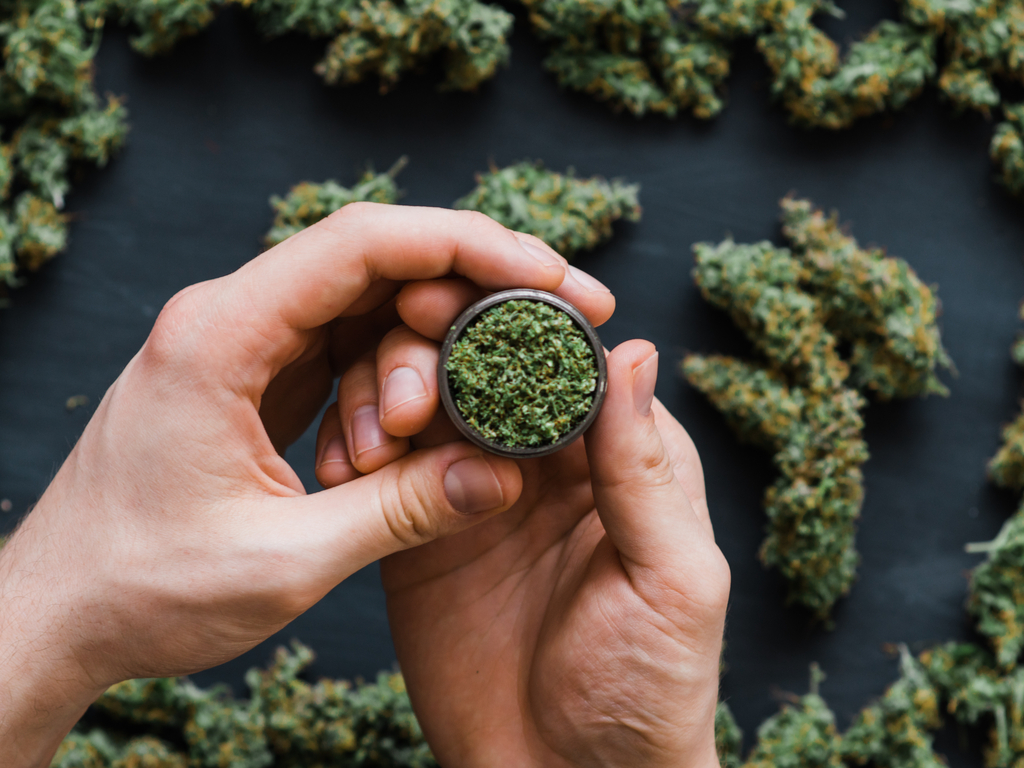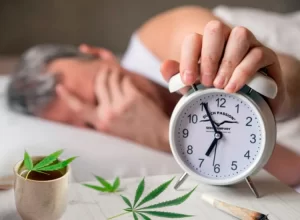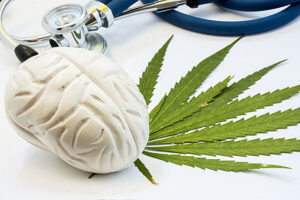Is Medical Marijuana Addictive? Understanding the Risks and Realities
With the growing acceptance of medical marijuana as a treatment for various health conditions, many patients and caregivers are asking an important question: Is medical marijuana addictive? Understanding the potential for dependence is essential for anyone considering medical cannabis as part of their health regimen.
What Does It Mean to Be Addicted?
Addiction is generally defined as a compulsive use of a substance despite harmful consequences. It involves changes in brain chemistry that lead to cravings, loss of control, and sometimes withdrawal symptoms when the substance is not used.
However, it’s important to distinguish between addiction and dependence:
- Dependence refers to a physical adaptation to a substance, which may lead to withdrawal symptoms when use is reduced or stopped.
- Addiction includes psychological and behavioral components, such as cravings and compulsive use.
Is Medical Marijuana Addictive?
While medical marijuana is generally considered to have a lower risk of addiction compared to substances like opioids, alcohol, or nicotine, it can still lead to dependence and, in some cases, addiction. This condition is known as Cannabis Use Disorder (CUD). According to the National Institute on Drug Abuse (NIDA), about 9% of recreational marijuana users overall may develop a dependence. However, this is much lower than those who try nicotine once or twice (32%).
Medical Marijuana vs. Recreational Use
Medical marijuana is used under the guidance of a healthcare provider to manage specific health conditions, such as chronic pain, epilepsy, or anxiety. The goal is therapeutic, not recreational. That said, even medical users can develop tolerance or dependence if medical cannabis is used improperly.
Key factors that influence the risk of dependence include:
- Frequency and duration of use
- Dosage and potency (especially high-THC products)
- Individual risk factors (such as a personal or family history of addiction)
Signs of Cannabis Use Disorder (CUD)
Some signs that marijuana use may be problematic include:
- Difficulty controlling or reducing use
- Craving cannabis
- Continued use despite negative effects on health or relationships
- Very High Tolerance (needing more to get the same effect)
- Withdrawal symptoms like irritability, sleep issues, or mood swings
How to Use Medical Marijuana Responsibly
While this may seem daunting, medical marijuana is one of the easiest drugs to manage. A vast majority of patients that use medical marijuana have no problem with dependency. Patients using medical marijuana can take several steps to reduce the risk of developing dependence:
- Follow your healthcare provider’s instructions carefully
- Avoid high-THC strains unless specifically recommended
- Take regular breaks to assess your symptoms and tolerance
- Monitor your mental and emotional responses to cannabis use
- Only use medical marijuana as you need it, not all the time






